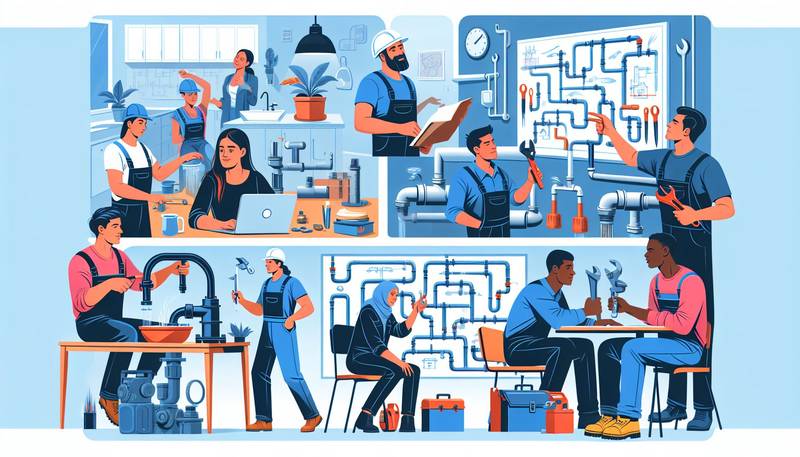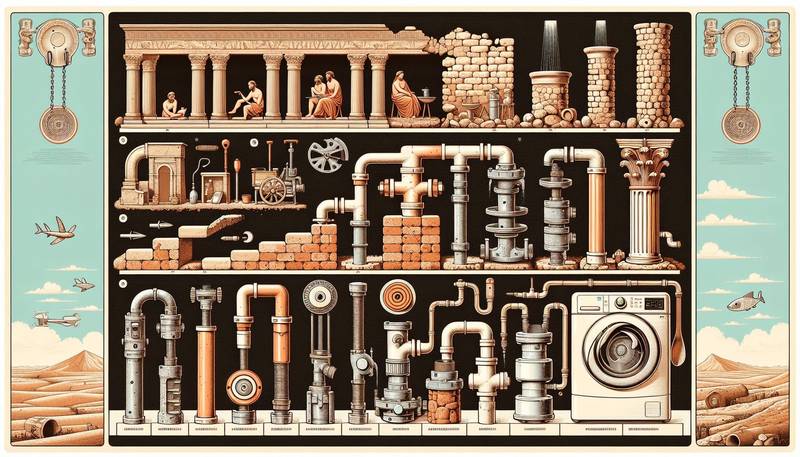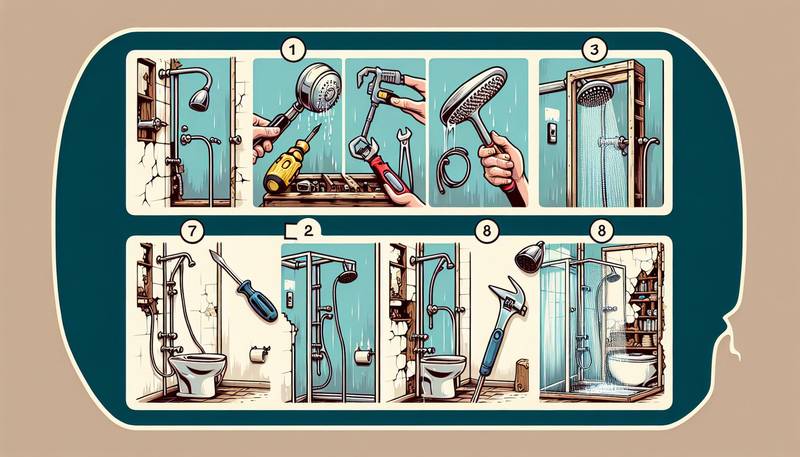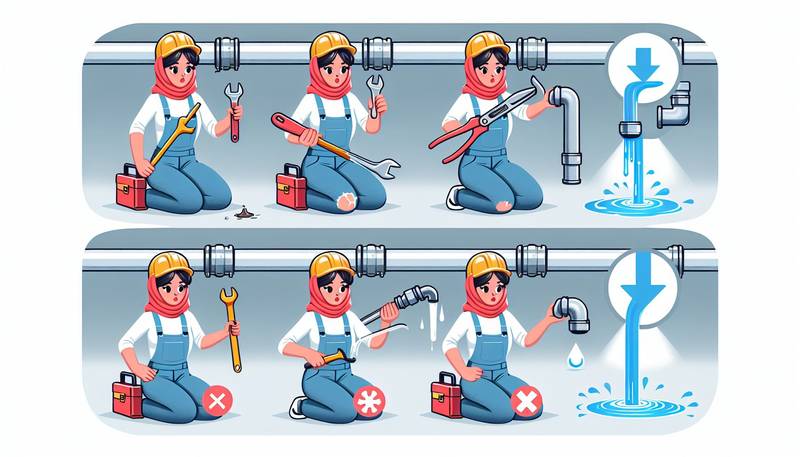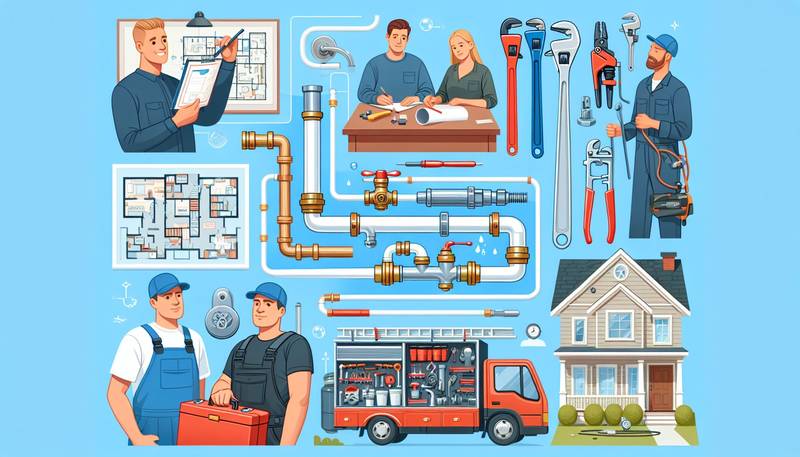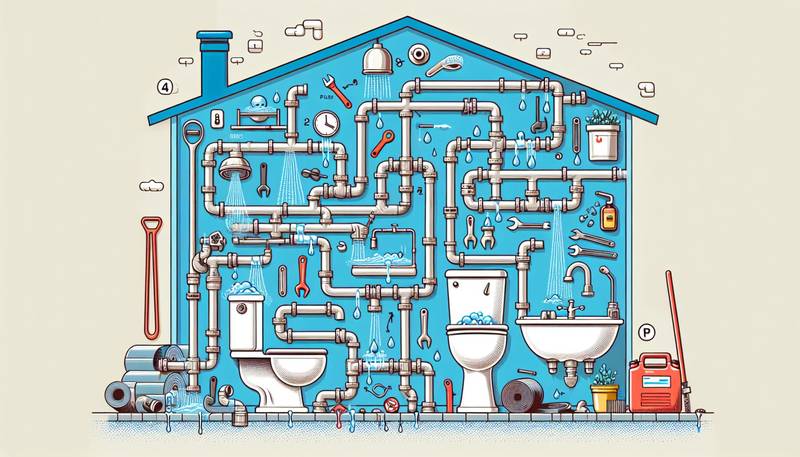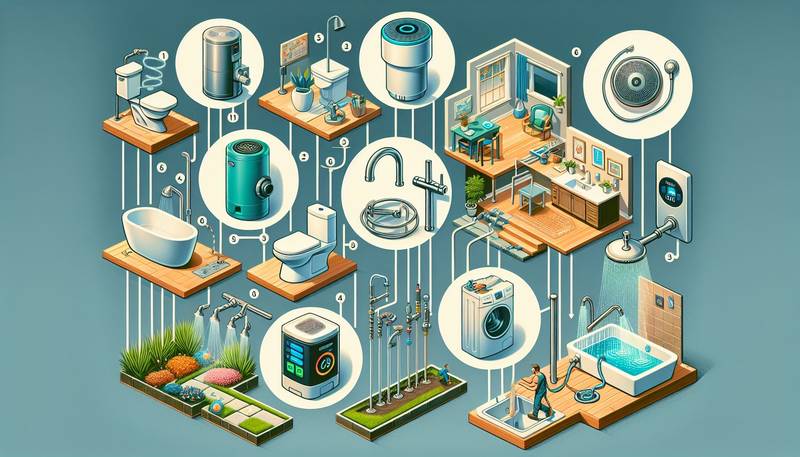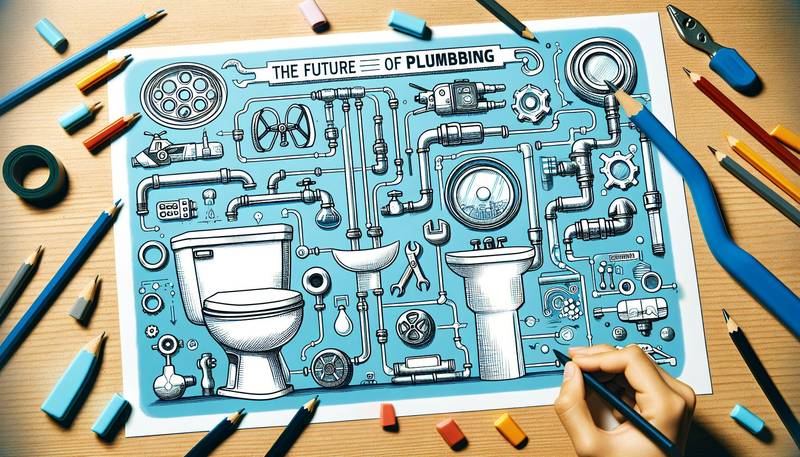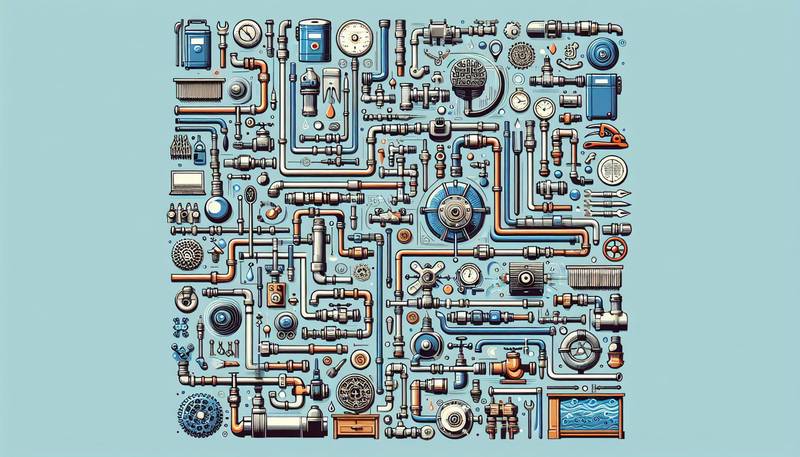Building a Career in Plumbing: Pathways and Opportunities
As such, the demand for skilled plumbers remains high, making it an attractive career option for individuals looking for stable employment and opportunities for growth.
Education and Training
One of the pathways to becoming a plumber is through a vocational or technical training program. These programs typically include a combination of classroom instruction and hands-on training to equip students with the necessary skills and knowledge to work as plumbers. Some community colleges and trade schools offer plumbing programs that can lead to a certificate or diploma upon completion.
Another option is to enter an apprenticeship program, where aspiring plumbers work alongside experienced professionals to learn the trade. Apprenticeships typically last between 3 to 5 years and cover various aspects of plumbing, such as reading blueprints, installing pipes, and repairing fixtures. This hands-on approach allows apprentices to gain practical experience while earning a wage.
Licensing and Certification
Once individuals have completed their education and training, they must obtain a license to work as a plumber legally. Licensing requirements vary by state, but generally, plumbers need to pass an exam that tests their knowledge of plumbing codes and regulations. In some states, plumbers may also need to complete a certain number of hours of on-the-job training before they can sit for the exam.
Additionally, some plumbers choose to pursue certification from professional organizations, such as the Plumbing-Heating-Cooling Contractors Association or the National Inspection Testing and Certification Corporation. These certifications can demonstrate a plumber's expertise in specific areas of plumbing and may lead to better job opportunities or higher pay.
Career Opportunities
Plumbing offers a diverse range of career opportunities for individuals at different stages of their careers. Entry-level positions for newly licensed plumbers may include working for plumbing contractors, maintenance departments, or construction companies. As they gain experience and expertise, plumbers can advance to roles such as lead plumber, project manager, or even start their own plumbing business.
Moreover, plumbers can specialize in specific areas of plumbing, such as residential, commercial, or industrial plumbing. They may also choose to focus on particular services, such as installation, repair, or maintenance. Specializing can help plumbers differentiate themselves in the market and attract more clients who require their specific expertise.
Growth and Advancement
Plumbing is a stable and in-demand profession with ample opportunities for growth and advancement. As the population grows and infrastructure ages, the need for skilled plumbers will continue to increase. Additionally, advancements in technology and sustainable plumbing practices are creating new opportunities for plumbers to specialize in areas such as green plumbing or water conservation.
Experienced plumbers may also choose to mentor and train new apprentices, move into teaching roles at vocational schools or community colleges, or take on supervisory positions within their organizations. Some plumbers may even transition into related fields, such as building inspection, plumbing engineering, or project management.
Conclusion
Building a career in plumbing offers a rewarding path for individuals who enjoy working with their hands, problem-solving, and helping others. With the right education, training, and licensing, aspiring plumbers can embark on a fulfilling career with various opportunities for growth and advancement. Whether working for a plumbing contractor, starting their own business, or specializing in a specific area of plumbing, plumbers play a vital role in ensuring the safety and functionality of buildings' water and waste systems.
